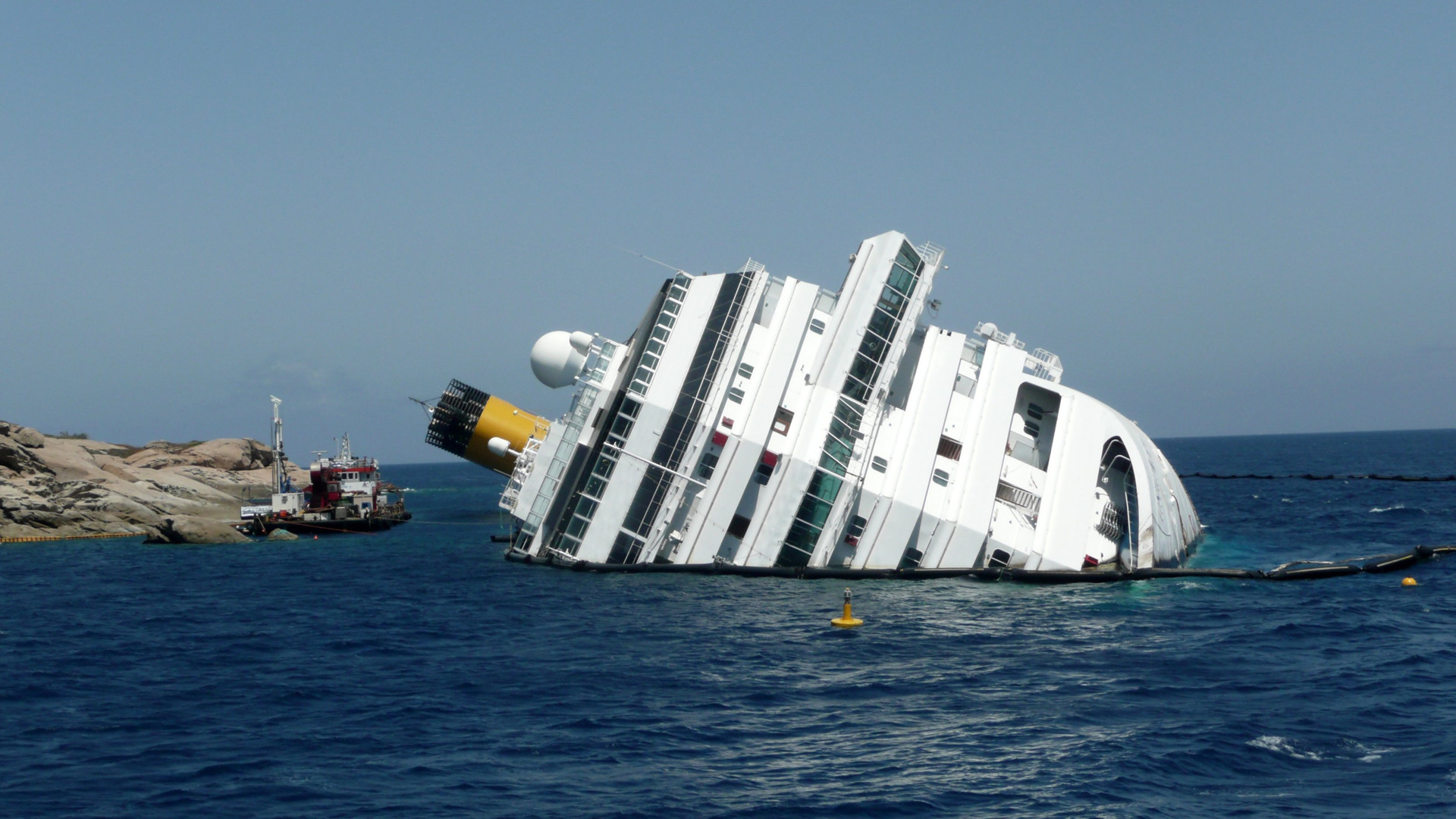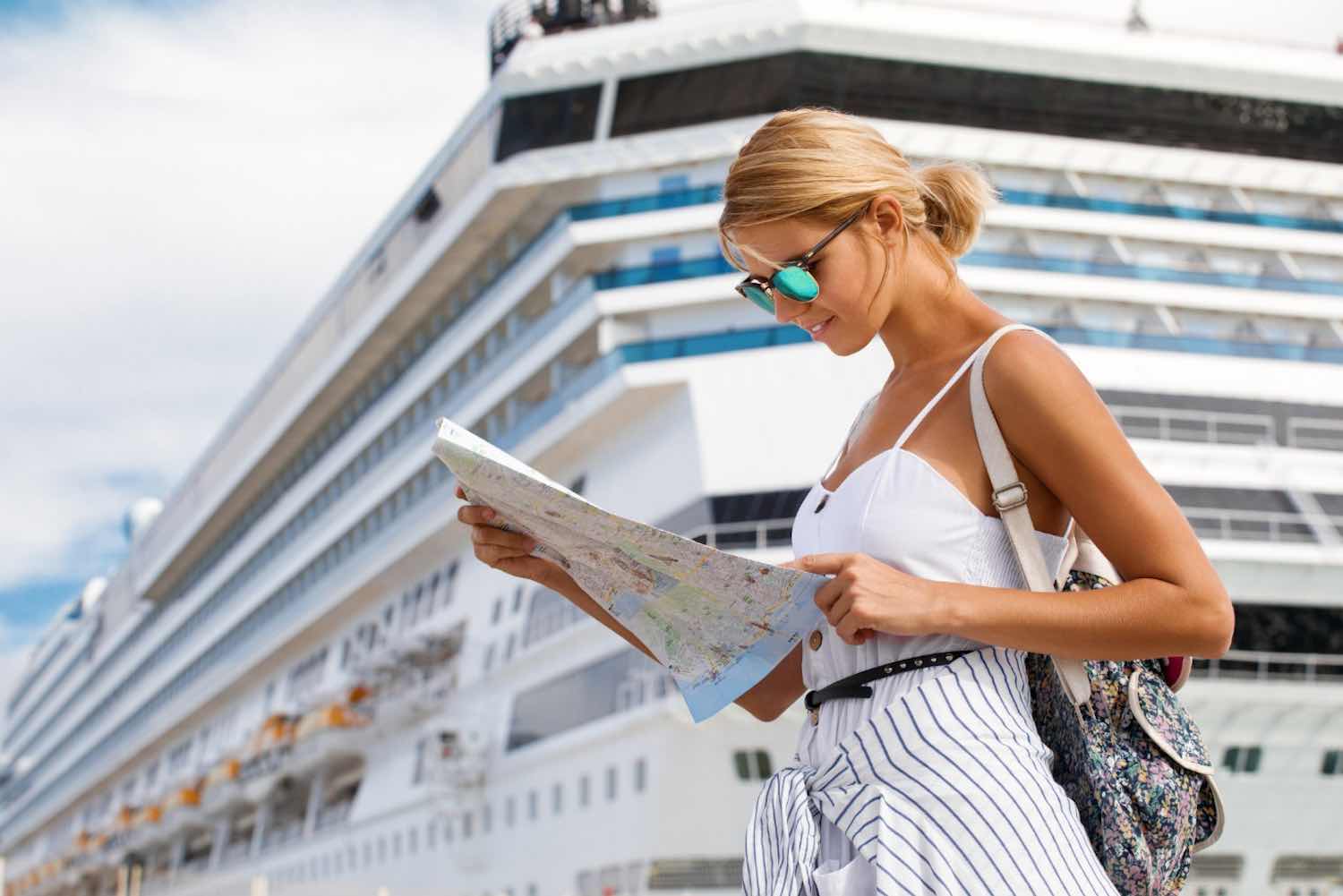Table Of Content
- Understanding Norovirus Outbreaks on Cruise Ships: Legal Rights and Compensation
- Taking a Family Cruise? What You Need To Know
- Are There Cruise Ships Not Affected by the PVSA?
- How Does the PVSA Affect Cruise Itineraries and Ships?
- The Coolest, Most Advanced Attractions Available on Cruises
- How Does the Jones Act Affect Puerto Rico?

They advocate for reforms that would relax or remove certain provisions, allowing for increased foreign competition and potentially reducing transportation costs. However, proponents of the Act emphasize the importance of maintaining a strong domestic fleet and protecting American jobs, thereby opposing any significant changes to the legislation. Critics argue that the Act’s restrictions on competition lead to higher shipping costs for goods transported between U.S ports. However, supporters of the Act contend that any potential increase in shipping rates is offset by the Act’s positive effects on the domestic shipping industry.
Understanding Norovirus Outbreaks on Cruise Ships: Legal Rights and Compensation
If the Jones Act were repealed, it could definitely make a significant if not earthshattering difference to the cruise industry. For starts, there would probably be more cruises around Hawaii, and quite possibly short cruises from San Francisco to San Diego and the like. Our Houston injury attorneys have recovered millions of dollars on verdicts and settlements. If you have been injured in Houston, contact our law firm for a free consultation. Damages can include medical bills, physical injuries, lost wages, emotional distress, and pain and suffering. However, just because cruising has resumed doesn’t mean you should toss all your worries about COVID.
Taking a Family Cruise? What You Need To Know
Join us as we uncover the allure of cruising and embark on incredible journeys of discovery. The PVSA, which many in the maritime industry find archaic and outdated, would prevent ships from sailing solely around the U.S. and its territories (think Puerto Rico and the U.S. Virgin Islands) without first obtaining waivers. In addition, several riverboat companies, such as American Queen Voyages and American Cruise Lines, operate U.S.-flagged vessels on American rivers. If a family member or the passenger’s friend joins the passenger and gets off the ship, the cruise line must pay fines for both the travelers.
Are There Cruise Ships Not Affected by the PVSA?
For example, a U.S. cruise ship may legally travel from the port of New York to the port of Miami. A foreign ship, on the other hand, may not travel this direct route; it would have to travel from New York to Canada or Mexico (or any foreign country) before traveling to Miami. The Jones Act provides a remedy for “seaman” who work on ships and are injured during their course of their duty as a result of their employer (or co-worker’s) negligence. In other words, the law does not apply to guests on a cruise ship who are injured (other laws and rules guide those cases). Cruise lines generally transition their ships from Alaska to destination vacation spots like the Caribbean, Europe, Bermuda, the Panama Canal, South America, and the West Indies. These voyages, often longer, culminate outside the U.S. and sidestep the Jones Act constraints.
Cruise ships are often places of joy – places where families do fun activities together and enjoy a vacation away from the hustle and bustle of everyday life. The coronavirus pandemic’s blow was felt across many different industries, but the impact was particularly crippling to the cruise industry. Holiday cruises are a fun way to celebrate in the winter, but it’s helpful to prepare a bit differently from a regular cruise. Depending on how long you’ve worked in the cruise industry, you probably well know that working on the high seas can be just as dangerous as it is thrilling. Taking in the ocean views during the day, and watching as the sky turns into a sea of stars at night. The subject matter of the act is commerce that takes place within the scope (ports and water).

Because of this, cruise lines work to determine which country will be the most convenient for their registration when it comes to worker compensation and rights, alcohol and gambling laws, tax advantages, and more. The important thing to note is that it has no direct bearing on cruise ship passengers. Or is exempt fromdocumentation but would otherwise be eligible for such acertificate and endorsement. Under international law, all merchant ships must be part of a registry created by a country, and ships are subject to the laws of the country where they are registered.
How Does the Jones Act Affect Puerto Rico?
Proponents of the act include states with owners of navy yards, defense firms, and shipping industries, as well as the longshoremen and other personnel who work in ports. The Jones Act has been cited as a factor affecting Puerto Rico's economic and budgetary troubles by affecting trade with the island. The act states that "nearby foreign ports" -- ports in North America, Central America, Bermuda or the West Indies, with some exceptions -- do not meet the requirements to avoid a violation. However, in the case of a roundtrip sailing, where a ship leaves from and returns to the same U.S. port, a nearby foreign port will suffice.
Unlikely bond between luxury cruise line, Great Lakes climate scientists - Bridge Michigan
Unlikely bond between luxury cruise line, Great Lakes climate scientists.
Posted: Fri, 14 Jul 2023 07:00:00 GMT [source]
The Customs and Border Protection (CBP) will deliver and accept fines from passenger vessels who violate the PVSA. There may be circumstances where CBP agents do not pursue a fine for a violation on the grounds that they see fit. As with the Jones Act, there have been modifications and re-interpretations of the intent of the PVSA. These modifications are at the heart of the cruise industry's ability to include more than one U.S. port of call in itineraries. Sometimes the coastwise Jones Act described in this guide isconfused with a different Jones Act, the one that gives marinersthe right to sue their employers for injuries.
Try to book a repositioning cruise from Seattle to Vancouver followed immediately by that ship's next cruise from Vancouver to Seward, Alaska, and your request will be flagged and denied. According to the law, the cruise ship has transported you from one U.S. port to another (Seattle to Seward) without stopping in a distant foreign port. Another exception in the Jones Act is that cruise ships not registered in the U.S. can pick passengers up from one U.S. port but can not drop the passengers off at another U.S. port. However, the cruise ship can stop at another U.S. port for a while if it has at least one foreign port stop in its itinerary.
Critics argue that the Act’s restrictions on foreign-flagged vessels increase shipping costs for these regions, making goods more expensive. However, proponents emphasize that the Act ensures the availability of reliable and consistent transportation services to these areas, contributing to their economic development and overall well-being. The law says that if an itinerary begins and ends in a U.S. port, foreign-flagged cruise lines must call on foreign ports of call as well. As a result of these laws, you won't find, for example, itineraries on foreign-flagged ships that sail round-trip from Los Angeles to the Hawaiian Islands or from New York up and down the U.S.
While cargo ships have different regulations, this cabotage law encompasses pleasure ships, affecting your cruising plans. This is important to know in order to understand why the PVSA affects the cruise industry. The majority of cruise ships fall under the umbrella of foreign-flagged ships, even if they have headquarters domestically.
In addition, having more in-country cruises could boost the economies of port cities and encourage more vacationers to take cruises, since they would not need to go through the aggravation and expense of obtaining a passport. Many find that the Jones Act is nothing short of limiting, as it caps the advancement of domestic and international trade. There are a variety of legal consequences and exceptions that apply to cruise ships under the Jones Act. However, in a circumstance like this, the cruise line would try to negotiate the fee with the CBP for a lower rate, as this was not a planned landing. This is because if some of the largest passenger vessels have a serious emergency and need to get off, the fines could be steep, while the cruise lines will still have to refund their passengers.
Over the course of100 years, a body of amendments, provisos, regulations,interpretations, caselaw, policy, and practice have helped shapeits application. The Jones Act, also known as the Merchant Marine Act of 1920, is a significant piece of legislation that has had a profound impact on various aspects of the maritime industry in the United States. This comprehensive law encompasses a range of provisions and regulations designed to protect and promote the U.S shipping industry. There are severe fines and penalties imposed on cruise ships that do not follow the laws in the PVSA under the Jones Act. If a passenger on a foreign-flagged ship not registered in the U.S. gets picked up at one U.S. port and disembarks on another, the cruise ship will have to pay hefty fines.
Since, like many travel industry issues, it’s often in the end about money, a ship free from the Jones act would have lower operating costs, especially with labor. In addition, in the fall, being able to travel between U.S. ports might mean a lot of potential new fall foliage cruises. (Currently, cruises either go roundtrip for Boston and New York and stop in Canada or go one way between the countries.) Or, a cruise line could try an itinerary between, say, New York and Florida or vice versa.

No comments:
Post a Comment